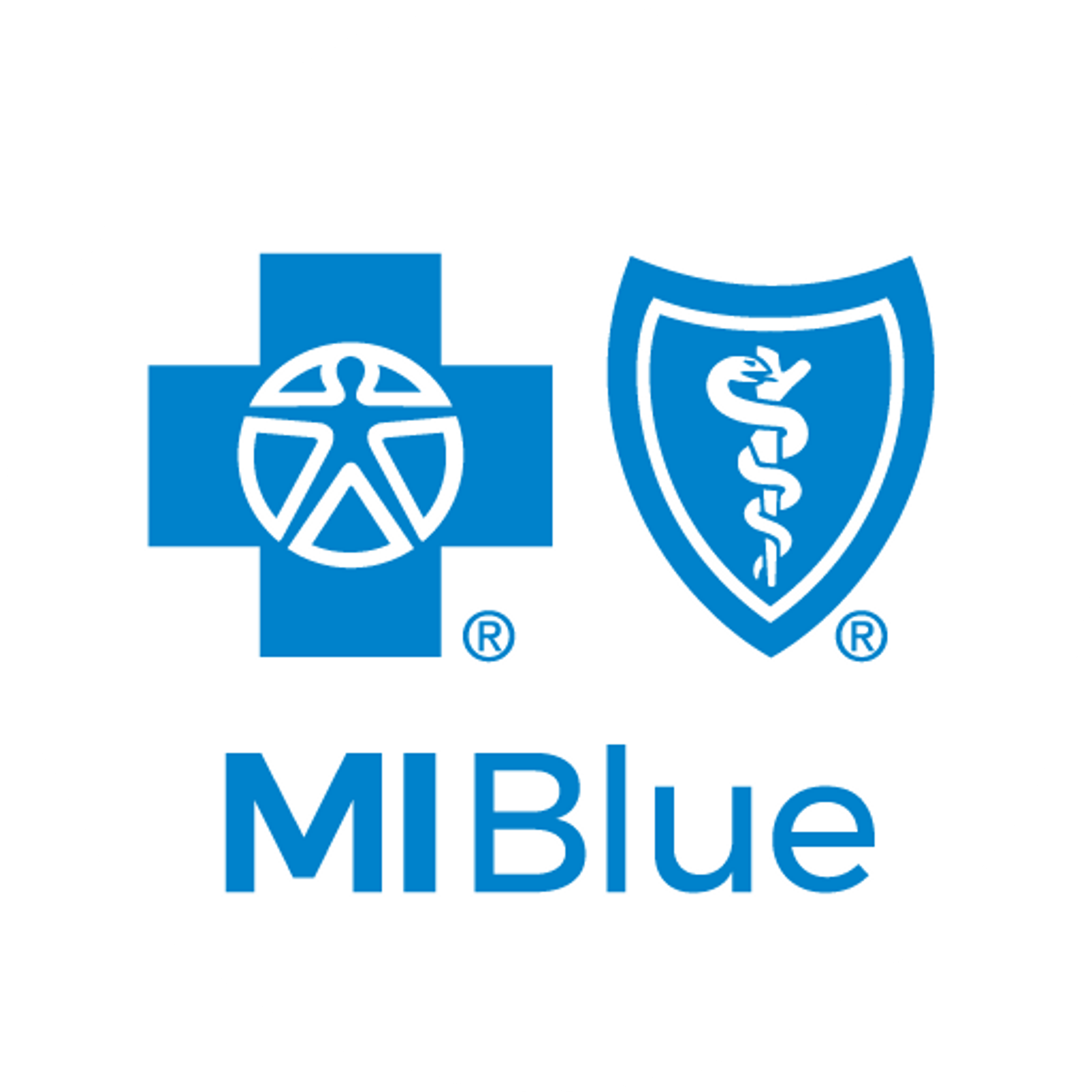
Your body's largest organ spans, on average, 18 to 20 square feet and weighs six pounds. It is waterproof, a storage house and can perceive pain, sensation and pressure. Any guesses as to what it is?
Your skin.
With such a complex makeup, and individualized size and shape, it's critical to check in with your dermatologist and protect this precious organ. Moles, rashes and chronic skin conditions are issues that should be monitored at home and checked regularly by a professional.
If you're unsure of where to start, here are five important questions to get the ball rolling with your skin doctor:
- Do you accept my health insurance plan? Before you make an appointment, make sure your dermatologist accepts your healthcare plan. Have the office confirm your benefits and discuss any fees that may be incurred.
- Do any of my more noticeable moles look irregular? It's not uncommon to have several inconspicuous moles all over your body. If you notice any growing, changing shape, or changing texture though, be sure to make an appointment with your dermatologist promptly. They can remove and biopsy the mole before it becomes a serious or life-threatening issue.
- Is there anything I can incorporate into my diet or routine to help keep my skin healthy? Eating a healthy diet of fruits and veggies helps with anti-aging and anti-cancer benefits, but your doctor may have some specific organic products or diet recommendations to keep your skin as luminous and natural as possible.
- Are the products I'm using at home okay to use with the products and/or procedures that you gave me? Make sure that your at-home regimen and the products or procedures that your doctor give you work hand-in-hand. Dermatologists usually have the best knowledge of the most gentle and effective options for taking care of acne and other skin conditions.
- What is the best sunscreen for me to use? As if skin cancer wasn't scary enough, research is discovering that many older sunscreens block UVB rays, but not UVA rays which are just as dangerous, if not more so. Ask your dermatologist about the best sunscreen that blocks both types of rays and has a high SPF count.
If you’re looking to find a new dermatologist, Blue Cross is here to help. Use the Find a Doctor tool to locate a dermatologist that fits your plan and location.
Want to learn more on what to ask your doctors? You may also like these posts:
- 3 Conversations You Should Have With Your Doctor
- 5 Important Questions to Ask Your Dentist
- 3 Must-Ask Questions for Every Doctor’s Visit
Photo credit: Katy Warner






